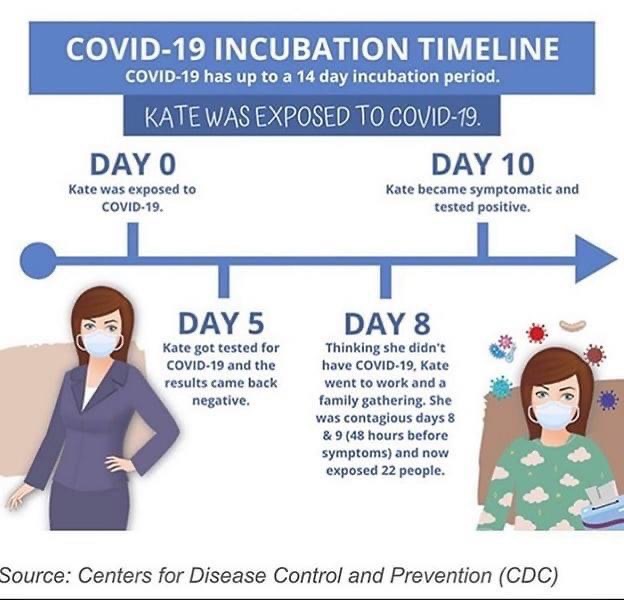Ida County received their first shipments of the Moderna COVID-19 mRNA vaccine on December 22. A total of 400 doses are available for healthcare workers as defined by Phase 1-A of the Vaccine Shortage Order effective December 14, 2020. Horn Memorial Hospital will begin vaccination for their healthcare workers on December 29. Horn Public Health will also begin to offer vaccine to healthcare workers not affiliated with Horn Memorial Hospital on December 29. Long term care, skilled nursing facilities, and assisted living facilities in Ida County have been matched with either CVS or Walgreens pharmacies to provide and administer COVID-19 vaccine for their residents and staff.
When the majority of those in Phase 1-A are vaccinated the State will allow vaccination of those in Phase 1-B, potentially early February. Phase 1-B will include: persons age 75 years or greater, firefighters, police, corrections officers, food and agricultural workers, U.S. Postal Service workers, manufacturing workers, grocery store workers, public transit workers, teachers and support staff as well as child care workers.
In Phase 1-C, vaccine should be offered to persons aged 65-74 years, persons aged 16-64 years with medical conditions that increase the risk for severe COVID-19 (cancer; chronic kidney disease; chronic obstructive pulmonary disease; heart conditions, such as heart failure, coronary artery disease, or cardiomyopathies; immunocompromised state from solid organ transplant; obesity; severe obesity; sickle cell disease; smoking; type 2 diabetes mellitus; and pregnancy), and essential workers not previously included (transportation and logistics; water and wastewater; food service; shelter and housing; finance; information technology and communications; energy, legal, media, public safety engineers and public health workers).
During Phase 2 vaccine supply will likely be
sufficient to meet demand for critical populations as well as the general
public. Ida County has been working with
the health care providers in our county these last several months so they can
offer the vaccine to their patients. Public
Health will also offer vaccine clinics for Phases 1-B, 1-C and 2. Clinics are being planned through St. Paul
Lutheran Church, Ida Grove, and Lohff Schumann Memorial Community Center,
Holstein. Dates will be set after public
health is notified of each phase opening.
You can check vaccinefinder.org to find a location near you offering
vaccine.
Everyone should continue taking protective measures to limit the spread of COVID-19:
●
Stay home if you’re sick
●
Wash your hands often
●
Stay six feet away from others at
all times
●
Wear a mask when you can’t
properly social distance from others
●
Recognize that older people and
those with chronic health conditions like diabetes, obesity, heart issues, and
organ transplants have a much higher risk of serious complications from
COVID-19






















